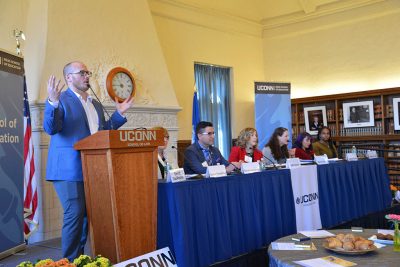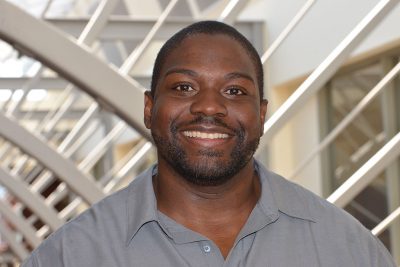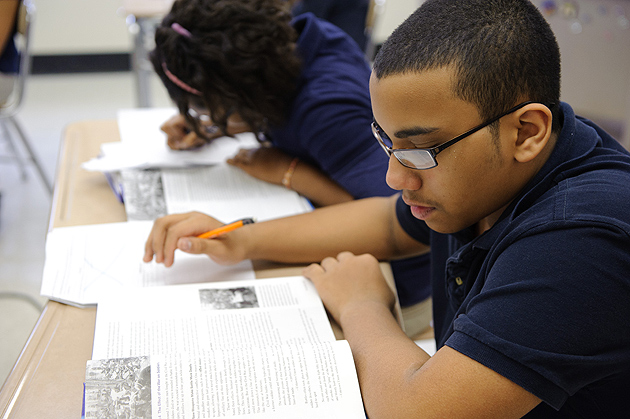Educational Psychology
Spring 2020 Neag School Faculty and Staff Appointments
This month, the Neag School of Education announces new appointments to its leadership, welcomes three new faculty members, and also announces staff updates in the Dean’s Office.
January 17, 2020 | Shawn Kornegay
App Endgame: Detect Dyslexia Earlier
The current so-called 'wait to fail' model in the U.S., causes many children to lose a significant amount of educational time. The new app may enable teachers to test children earlier.
October 7, 2019 | Shawn Kornegay
Meet the Researcher: Devin Kearns, Education
"Professor Kearns’ ongoing work in the areas of special education and reading intervention, coupled with technologies like brain imaging, offers a fresh perspective into strategies that can ultimately help our schools successfully serve the needs of all students,” says Gladis Kersaint, dean of Neag School of Education.
October 7, 2019 | Anna Zarra Aldrich '20 (CLAS), Office of the Vice President for Research
Neag School Launches Its First Fully Online Master’s Degree Program
Beginning this fall, those interested in pursuing a master’s degree in research methods, measurement, and evaluation (RMME) within the Neag School’s educational psychology department will have the choice to study either in person at the UConn Storrs campus — or from anywhere in the world. The new fully online program is the first of its kind at the Neag School.
September 16, 2019 | Fiona Brady
UConn Expert Discusses Restraint and Seclusion in Public Schools
Educational psychology professor Brandi Simonsen, an expert on behavioral issues in schools, discusses the use of seclusion and restraint and alternatives to their use.
April 4, 2019 | Shawn Kornegay
10 Questions With Ph.D. Student Emily Tarconish, Brain Injury Survivor
Emily Tarconish is a Ph.D. candidate in Neag School’s educational psychology program with a concentration in special education. She is a survivor of a traumatic brain injury (TBI) she endured at the age of 15. With years of hard work and rehabilitation, Tarconish has relearned how to walk, speak, and regain basic life functions. Once she completes her Ph.D., she plans to pursue research focused in part on improving access to higher education for college students with TBIs.
January 8, 2019 | Shawn Kornegay
Op-ed: Rethink Peer Tutoring by Gifted Learners
Catherine Little of UConn's Neag School of Education says the 'help so-and-so' strategy to keep gifted students busy in the classroom often has limited benefit to the peer tutors.
August 6, 2018 | Catherine Little, Department of Educational Psychology
Klebanoff Institute, Neag School Co-Host 2018 Special Education Summit
The Neag School of Education hosted more than 150 special education directors, special education advocates, service providers, attorneys, parents, teachers, and school administrators from across the state this past week for its second annual Special Education in Connecticut Summit.
April 30, 2018 | Shawn Kornegay
10 Questions With Counseling Professor Clewiston D. Challenger
A former UConn student-athlete, Clewiston Challenger ’03 (CLAS), ’08 MA now serves as assistant professor of counseling in the Neag School. This latest installment of “10 Questions” connects with Challenger on his experiences as a UConn undergrad, his current research, and his aspirations for the students he now teaches in the counseling program.
March 27, 2018 | Shawn Kornegay
Students in Poverty Less Likely to be Identified as Gifted
The fact that high-potential students in poverty are less likely to be recognized and served in programs for the gifted may increase, rather than decrease, social inequities, according to a new UConn study.
February 20, 2018 | Shawn Kornegay








